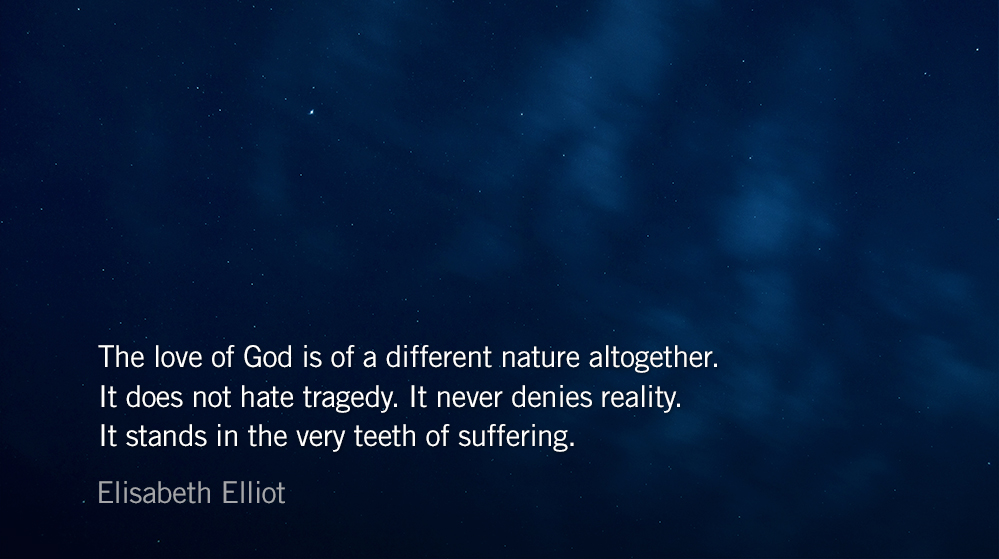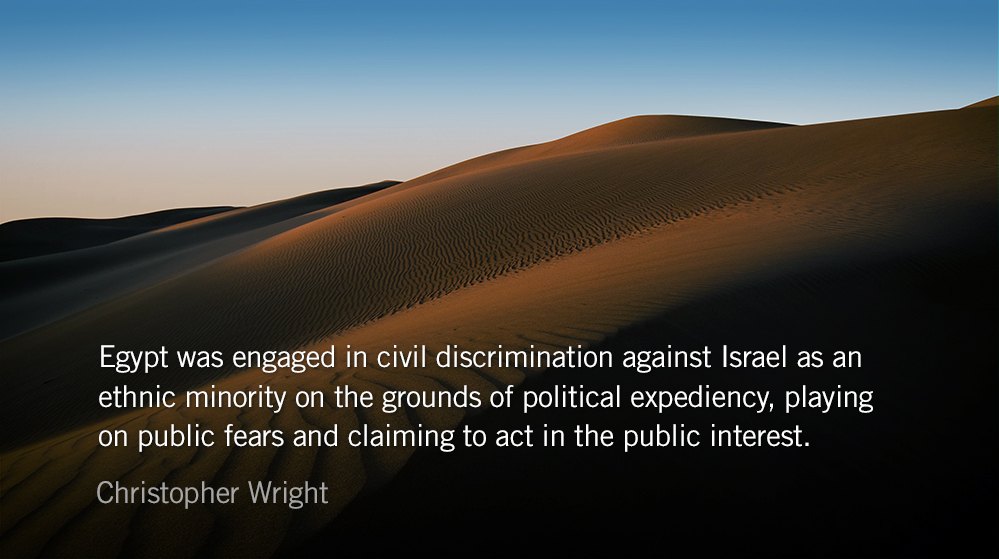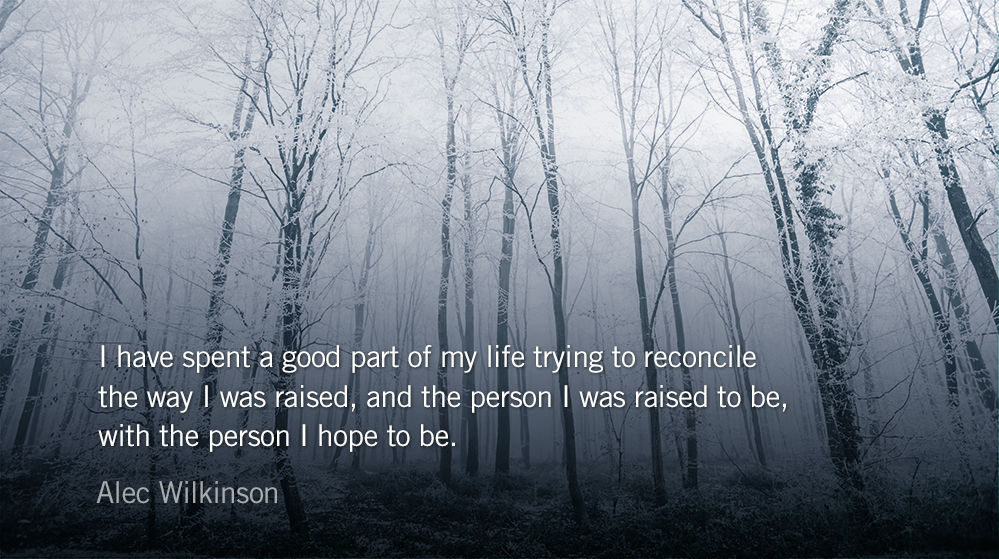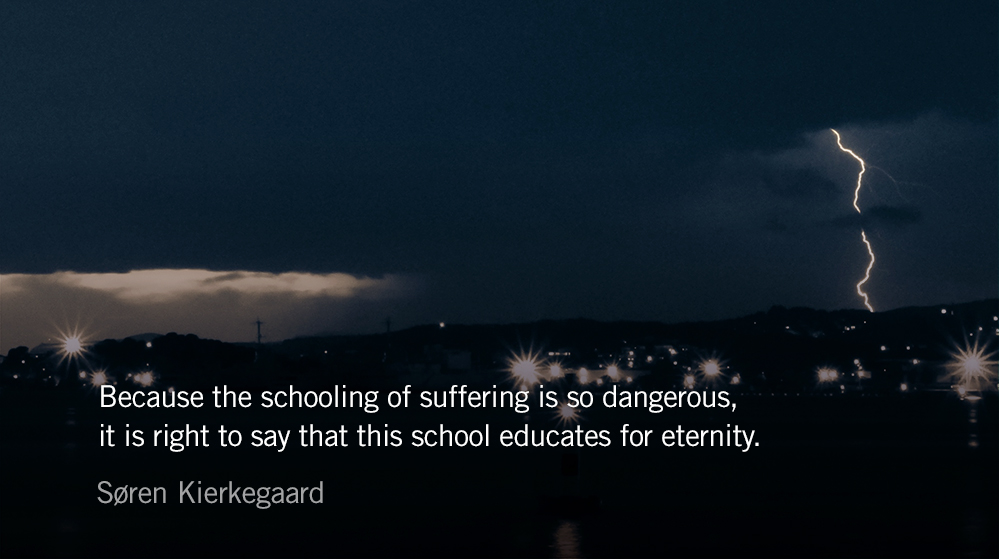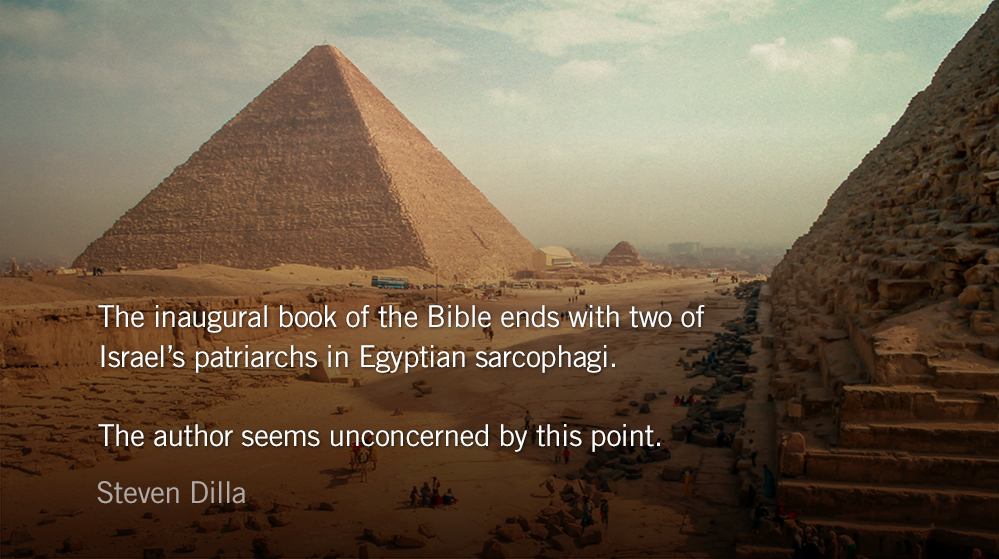Our vision is so limited we can hardly imagine a love that does not show itself in protection from suffering. The love of God is of a different nature altogether. It does not hate tragedy. It never denies reality. It stands in the very teeth of suffering.
― Elisabeth Elliot
Scripture: Exodus 6.9
Moses spoke thus to the people of Israel, but they did not listen to Moses, because of their broken spirit and harsh slavery.
Reflection: The Pain of Being Forgotten
The Park Forum
It’s intensely painful to be forgotten. When we’re forgotten professionally it costs the accolade of others: the promotion we hope for, or the compensation we’ve earned. In friendship and dating, it launches a restless search for a reason. In divorce, it cuts to the deepest parts of the soul. In disease, like Alzheimers and dementia, it destroys dreams, lives, and families.
The book of Exodus begins in the darkness of being forgotten. In a matter of a few generations, Israel went from saving Egypt to being enslaved by them. They toil and suffer—ultimately coming to believe that even God has forgotten.
Being forgotten is a fruit of the fall. It’s a condition of a broken world that people can cease to be mindful of others who are made in the image of God. It’s no wonder God’s words to Moses are the words of someone who remembers—who holds close—the cry of his people. “I have seen… I have heard… I know… I have come to deliver…”
When the authors of scripture say God remembers someone they are not contrasting it to God’s forgetfulness, but the the world’s. The book of Exodus chronicles God’s remembrance of Israel alongside their pain of being forgotten by Egypt.
Evil has no regard for our wellbeing of the world. Yet God remembers. It was the Son of God’s hands which were nailed to the cross because God refused to forget us—even in our sin. It was his body that would be bruised and broken so that we could be known.
The true and greater exodus is found in God’s redemption of his people. The forgetfulness of the world may wound us deeply, but it cannot diminish in the least the vibrant life and work of Christ in our lives. In him we are remembered. In him we are restored. In him we are loved in a way the transience of this world cannot take away.
Prayer: The Refrain for the Morning Lessons
Behold, God is my helper; it is the Lord who sustains my life. — Psalm 54.4
– From The Divine Hours: Prayers for Springtime by Phyllis Tickle.
Full prayer available online and in print.
Today’s Reading
Exodus 6 (Listen – 3:56)
Luke 9 (Listen – 8:05)

